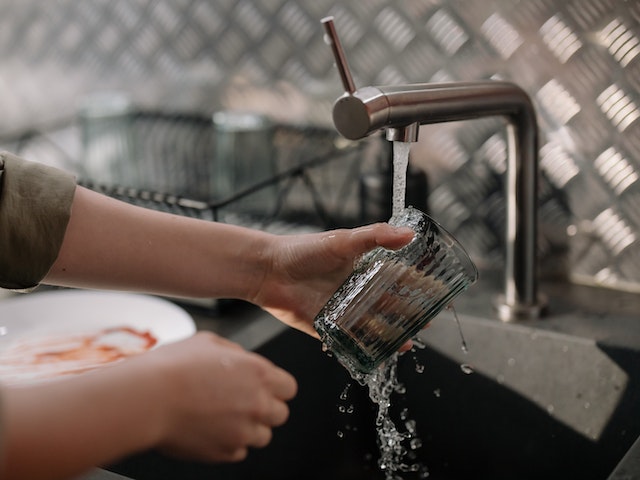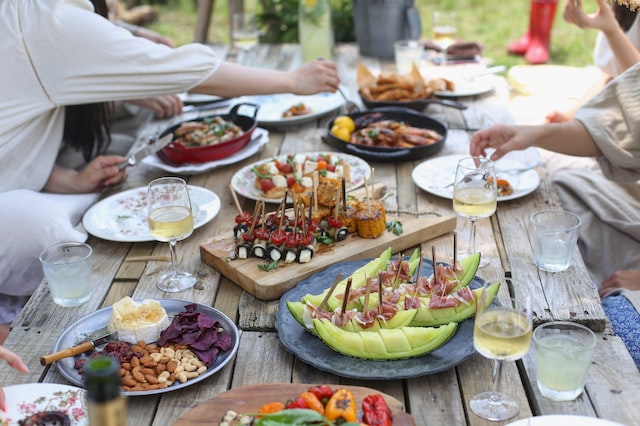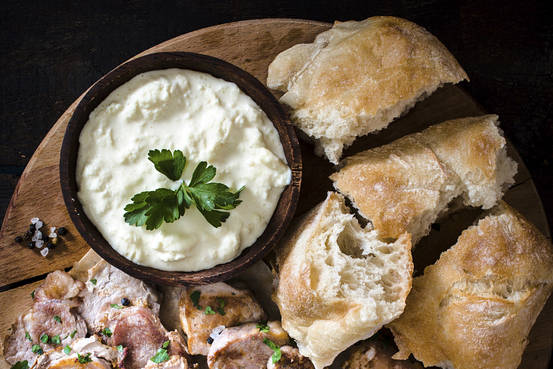Written by: Olivera Tolimir
If you’re a second generation of the Serbian diaspora, chances are you’re a bit confused when visiting Serbia. Why is that?
When we think about it, it’s pretty logical. If your parents emigrated from Serbia searching for a better life, it means they grew up in Serbia. So, they learned to speak Serbian, went to school here, hung out with their Serbian friends, and probably got a usual Serbian upbringing. Then they decided to move to another country. It means they not only had to learn or perfect a whole new language but also to adapt to different societal norms.
What does this mean for you? It means you got a mix of a Serbian upbringing and another country’s norms and education. Occasionally it was probably confusing to feel like you don’t fit in with your friends on some level. Maybe you feel close to your Serbian roots at times and other times far away, especially if you don’t speak Serbian much. That’s why we wrote about the importance of speaking Serbian with your children.
But do you know what it also means? That you get the best of both worlds! You can pick what you like from both parts and implement those things in your life. Those who grew up exposed to only one culture didn’t have that luxury until they grew up and explored the world themselves.
So, you can mix it up! That’s great, but what happens when you decide to visit your relatives in Serbia? If you’re not sure whether you’re familiar enough with their lifestyle, we’re here for you! We bring you the five golden rules when visiting relatives in Serbia!
#1 Bring a Gift

Serbs like having guests over (especially if those guests are relatives they haven’t seen in a while)! But there are some implicit rules for guests, as well as hosts. Since you’ll be a guest, we’ll go through your “obligations” first.
First and foremost – bring a gift! Don’t worry. No one expects it to be something expensive. It’s customary to get a bottle of drink for the host (wine, rakija, or whiskey – if you want to make it expensive). A hostess will be glad to receive flowers or a box of chocolates. If they have children, you should bring a bar of chocolate for each of them.
When you give your hosts their gifts, they’ll probably say that you shouldn’t have spent money. You should know they’re just being polite. So, your answer should also be polite. Smile and say: “Ma kakvi, nije to ništa” (Oh, it’s nothing) or something along those lines.
#2 Don’t Refuse Food
We’ve already mentioned that there are rules for hosts, as well. One of them is to make their guests comfortable and full-fed! Yes, your Serbian relatives will make a bunch of food and expect you to eat until you explode.
If you’re visiting your grandmother, be prepared for a lot of “Jedi, ništa ne jedeš” (Eat, you haven’t eaten anything) and “Ako ne možeš više, jedi bez hleba” (If you can’t eat anymore, eat without the bread).
It’s funny and makes no sense to repeatedly be offered food even though you’re currently chewing. But that’s standard for Serbian grandmas. It’s a way they express love, so try to honor it by eating as much as you can!
It shouldn’t be that difficult, since Serbian grandmas make delicious food!
#3 Offer Help in the Kitchen

If you’re a male visiting older relatives in Serbia, they probably don’t expect you to offer help in the kitchen. Unfortunately, patriarchy is still alive among the older generations in our country, so if you’re a girl, they likely think it’s your place to suggest it.
But since we’re all for equality – offer to do the dishes regardless of your sex. Everyone will appreciate it, even if they don’t let you do it.
#4 Speak Serbian with Relatives = Answer Uncomfortable Questions

If you think visiting Serbia is a wonderful opportunity to speak Serbian more, it is. But… Serbs can be a little nosey. And it’s particularly noticeable at family gatherings.
If you’re young and single, be prepared for your aunt’s questions, such as “Imaš li momka?” (Do you have a boyfriend?) or even worse, “Kako to da nemaš momka?” (How come you don’t have a boyfriend?). The same goes for girlfriends, but it usually comes from an uncle who wants to hear that all the girls are crazy for his nephew.
If you’re in a relationship, the most common question from your relatives in Serbia will be “Kad ćeš se udati / oženiti?” (When will you get married? *We use the verb udati se for women and oženiti se for men). If you happen to be already married, embrace yourself for the “Kad će dete?” (When is the child coming?) or “Kad će drugo?” (When is the second child coming?) if you have one.
A big question that connects all the previous ones is “Pa šta čekaš?!” (Well, what are you waiting for?!). That’s what you’ll get if you say that:
a) you’re not in a relationship
b) you don’t plan to get married
c) you’re not planning a child/a second child yet (or at all).
Now you’re probably questioning your decision to come to Serbia (or to speak Serbian with anyone ever). But wait a second. Our relatives don’t do this because they want us to feel bad. It’s a generational gap. They think it’s their duty to give us advice and point us in the right direction (they somehow forgot they didn’t listen to their older relatives when they were young, either).
So, just be aware that you’ll probably hear a few of these questions. And also, know that it’s absolutely fine to say that you don’t want to talk about it or shrug shoulders and smile when asked “Šta čekaš?”. It will be awkward for a second, but fruitful for your future relationship.
Many people feel stressed out when they think they have to speak Serbian with their relatives. Sometimes they even postpone going to Serbia, because they don’t speak Serbian so well. If that worries you as well, our teachers can help you by teaching you the language and giving you necessary phrases you need to know on private lessons.
#5 Oh, the Politics
Serbs talk about politics a lot. Somehow most people think they are experts in the field and enjoy discussing it at gatherings. And it’s not the best opportunity to speak Serbian
For your psychical health, it’s best not to engage in these arguments. When uncles start looking like they’re about to aim rakija glasses at each other, take our 3rd advice and go to the kitchen to help.
Of course, we’re joking – no one will throw anything. You’ll probably witness at least one heated argument about politics between family members. But don’t worry – everyone will forget about it and be in a great mood, laughing and eating 5 minutes after!



